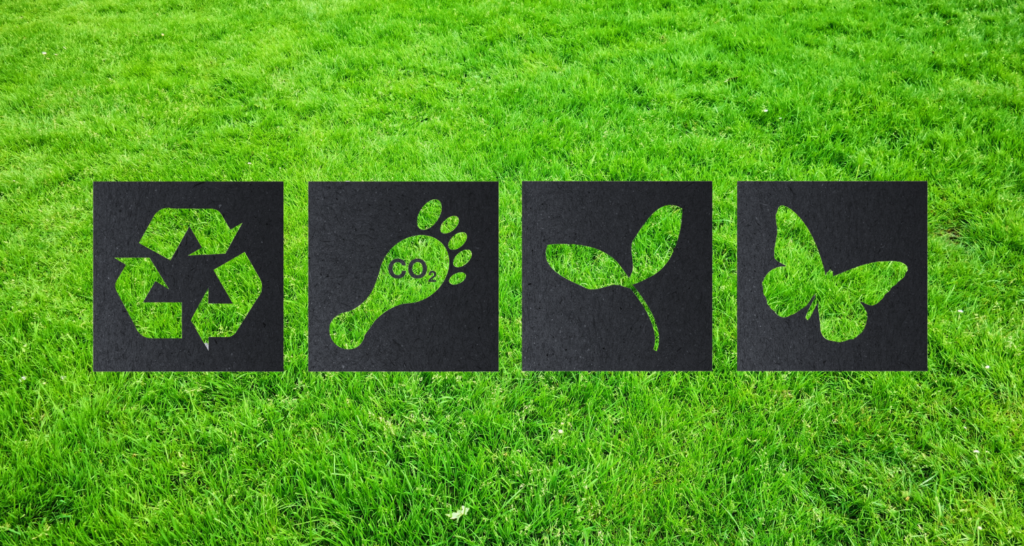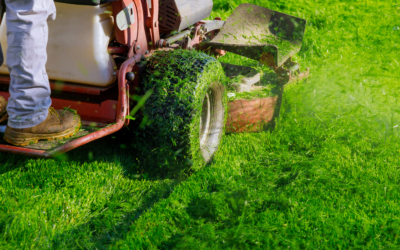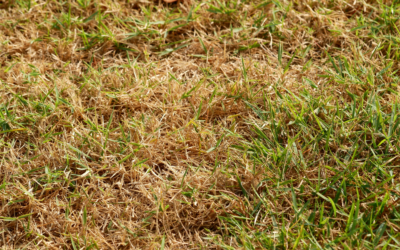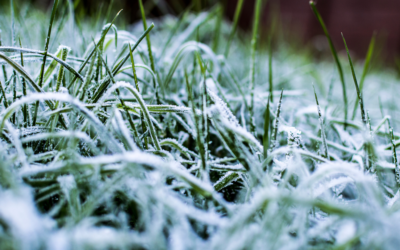As more homeowners become environmentally conscious, the shift towards organic lawn care practices is becoming increasingly popular. Not only does it ensure a beautiful lawn, but it also protects the health of your family, pets, and the local ecosystem. Here’s a guide on how you can maintain a lush, green lawn organically, with tips on weed control, natural fertilizers, and the overall benefits of keeping your lawn chemical-free.
Benefits of Organic Lawn Care
Safety First: One of the primary benefits of organic lawn care is the safety it offers to families, especially for children and pets who spend a lot of time outdoors. Chemical pesticides and fertilizers can pose health risks, ranging from allergic reactions to more serious health effects. Organic practices eliminate these dangers, creating a safer play environment.
Environmental Impact: Organic lawn care minimizes pollution to the environment. Traditional lawn chemicals can leach into groundwater and contaminate local waterways, harming wildlife and disrupting ecosystems. By using organic methods, you contribute to reducing pollution and preserving local biodiversity.
Soil Health: Organic care focuses on building healthy soil which is the foundation of a healthy lawn. Natural practices enhance soil structure, promote beneficial microbial activity, and improve water retention, all of which contribute to the overall health and durability of your lawn.
Organic Weed Control
Controlling weeds organically is more about prevention and management rather than the outright elimination that chemicals might promise. Here are some effective strategies:
Healthy Soil: Start with the soil – healthy, fertile soil grows robust grass that can outcompete most weeds. Regularly add organic matter to your soil, such as compost or well-aged manure, which nourishes the soil and maintains its vitality.
Proper Mowing: Keep your grass at an ideal height, typically around 3 inches, to shade out weed seedlings before they get a chance to grow. Mowing regularly with sharp blades ensures a clean cut and less stress on the grass, helping it stay dense and strong.
Corn Gluten Meal: This natural byproduct of corn processing can suppress weed germination and provide nitrogen to the lawn. Apply it in early spring to prevent weeds like crabgrass from sprouting.
Vinegar-Based Herbicides: For spot treatment, you can use a vinegar-based herbicide. Acetic acid in vinegar burns the weed, causing it to die from the top down. Be cautious, as vinegar can harm grass and other plants it contacts, so precise application is necessary.
Natural Fertilizers for a Lush Lawn
Natural fertilizers release nutrients slowly, feeding your lawn over time and reducing the risk of over-fertilization. Here are a few options:
Compost: Rich in nutrients, compost is excellent for lawn care. It can be spread thinly over the grass as a top dressing. It helps with moisture retention and adds beneficial microorganisms and nutrients back into the soil.
Fish Emulsion and Seaweed: These are great sources of nutrients and trace elements that promote healthy lawn growth. They also increase soil bacteria that contribute to a fertile soil ecosystem.
Bone Meal and Blood Meal: Rich in phosphorus and nitrogen, these products can promote vigorous growth in your lawn. They should be used sparingly and according to the needs of your soil, as determined by a soil test.
Long-Term Benefits
Switching to organic lawn care might seem like a small step, but its impacts can be significant. Over time, you will notice not only a healthier lawn but also an increase in local wildlife, like bees and butterflies, which are crucial pollinators. Moreover, you’ll enjoy peace of mind, knowing your outdoor space is safe and sustainably maintained.
Organic lawn care offers a sustainable approach to landscaping that benefits your family’s health, the environment, and the ecosystem. It may require a bit more patience and effort initially, but the long-term results are rewarding and contribute positively to your local surroundings and the planet as a whole.
For expert assistance with all your lawn care needs, give our lawn service a call today! We’re here to help you achieve a healthy, beautiful lawn. Contact Friske Lawn Care at 608-445-5883 or send us an email at friskelawncare@gmail.com.
Top 5 Reasons Why You Should Hire a Lawn Mowing Service
Maintaining a well-manicured lawn is no easy task. It requires time, effort, and a fair share of expertise. If you find yourself struggling to keep up with the demands of lawn care, hiring a professional lawn mowing service can be a game-changer. Below are the top...
How to Keep Your Lawn Healthy During a Drought: Practical Tips and Techniques
A lush and green lawn is often the pride and joy of homeowners. However, maintaining its vibrancy can be a challenge during a drought when water conservation becomes crucial. Thankfully, there are practical strategies that can help you keep your lawn healthy even in...
How To Protect Your Lawn From a Late Freeze
Spring is a time of renewal and growth in the natural world, but it's also a time of uncertainty when it comes to weather. One of the biggest threats to your lawn during the spring season is a sudden freeze, which can damage or even kill your grass. Fortunately, there...




